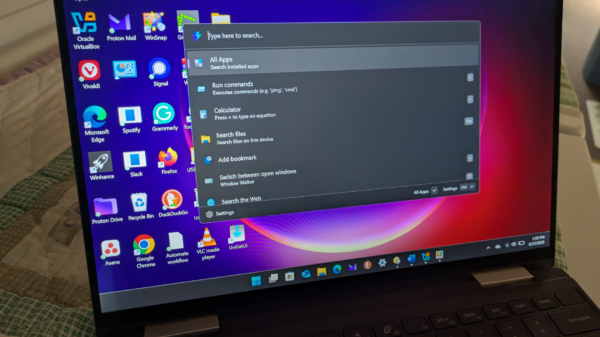The recent shutdown of the United States government has led to significant disruptions in federal oversight of technology companies, particularly affecting ongoing antitrust cases against major players. As a result, both Apple and Amazon are experiencing a temporary reprieve from legal scrutiny, while their competitors, such as Google and Meta, continue to face court proceedings.
Impact of the Shutdown on Antitrust Cases
The Federal Trade Commission (FTC), responsible for managing antitrust litigation, has been forced to suspend a considerable portion of its operations due to the funding freeze caused by the government shutdown. This has led to a postponement of cases against both Apple and Amazon, with trial dates now pushed back to as late as 2027. The delay represents a significant setback for those advocating for greater accountability among the largest technology firms.
For Apple and Amazon, this development can be viewed as a notable victory, allowing them to operate without immediate legal challenges. However, the duration of this advantage hinges on the timeline for the government’s reopening. If funding is restored quickly, the shutdown may only last for several days or weeks, after which the FTC could resume its cases. Conversely, an extended shutdown could allow these companies to continue their practices without the threat of legal repercussions.
Other Tech Giants Continue Legal Battles
While Apple and Amazon benefit from this pause, Google and Meta are not so fortunate. Courts overseeing their ongoing antitrust cases have declined government requests to delay proceedings, meaning that these trials will move forward as scheduled. This situation highlights the variability in judicial responses to the funding lapse and underscores that not all legal challenges are stymied by the shutdown.
Google is currently entangled in multiple lawsuits addressing its dominance in the search and digital advertising sectors. Federal prosecutors contend that Google has maintained an illegal monopoly by financially incentivizing companies like Apple to set Google as the default search engine on their devices.
In contrast, Meta faces allegations of anti-competitive behavior related to its acquisitions of Instagram and WhatsApp. The government argues that these purchases were strategically aimed at eliminating potential competitors rather than fostering innovation. As part of its legal stance, the government is seeking to compel Meta to divest these platforms, asserting that these actions are crucial to restoring competition in the social media landscape.
The ongoing developments in these antitrust cases underscore a critical moment in the regulatory landscape for technology companies in the United States. As the government shutdown continues, the implications for accountability and competition in the tech industry remain uncertain.






































































